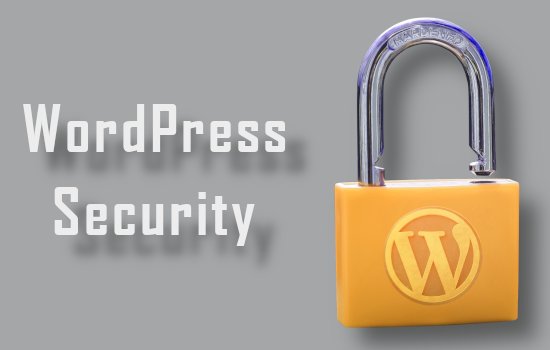 When it comes to your WordPress website, WordPress website security is a must. By taking the following steps to safeguard your site, you can prevent common threats and keep your online presence safe and sound.
When it comes to your WordPress website, WordPress website security is a must. By taking the following steps to safeguard your site, you can prevent common threats and keep your online presence safe and sound.
1. Choose Strong Passwords
A strong password includes a mix of uppercase and lowercase letters, numbers, and symbols. Additionally, avoid using easily guessable information like birthdays or common words. In this way, a robust password acts as a strong barrier against unauthorized access
2. Keep WordPress Updated
Regularly updating your WordPress installation is crucial. Notably, updates often include security patches that fix vulnerabilities. Also, Keep an eye out for notifications about new updates and apply them promptly.
3. Plugins and Themes
While plugins and themes enhance your website’s functionality and design, using outdated or poorly coded ones can lead to security breaches. Moreover, stick to reputable sources and update them regularly to keep potential vulnerabilities at bay.
4. Use Security Plugins
Start by using strong passwords. A strong password includes a mix of uppercase and lowercase letters, numbers, and symbols. Additionally, avoid using easily guessable information like birthdays or common words. In this way, a robust password acts as a strong barrier against unauthorized access.
5. Secure Socket Layer (SSL)
Start by using strong passwords. A strong password includes a mix of uppercase and lowercase letters, numbers, and symbols. Additionally, avoid using easily guessable information like birthdays or common words. In this way, a robust password acts as a strong barrier against unauthorized access.
6. Regular Backups
Backing up your website regularly ensures that you have a copy of your data in case of emergencies. In the event of a security breach, you can restore your website to a safe point. Furthermore, many hosting providers offer automated backup options.
7. Avoid Default Settings
Default settings might be convenient, but they’re also well-known to hackers. Moreover, changing default usernames, such as “admin,” to something unique makes it harder for attackers to guess login credentials.
8. Monitor Suspicious Activity
Stay vigilant by monitoring your website for any unusual or suspicious activity. Additionally, keep an eye on login attempts, comments, and file uploads. If you notice anything strange, it’s important to investigate further or consider reaching out to a security professional.
In conclusion, safeguarding your WordPress website against common threats is essential for a secure online presence. By prioritizing WordPress website security, you can create a strong defense against potential attackers by using strong passwords, keeping everything up to date, and utilizing security plugins. Importantly, remember that a little effort in enhancing your website’s security can go a long way in protecting your valuable content and user information.
Get in Touch:
Ready to enhance your WordPress website’s security? Contact us today to learn more about how we can help you strengthen your online defenses and keep your website safe from threats. After all, your security is our priority.




